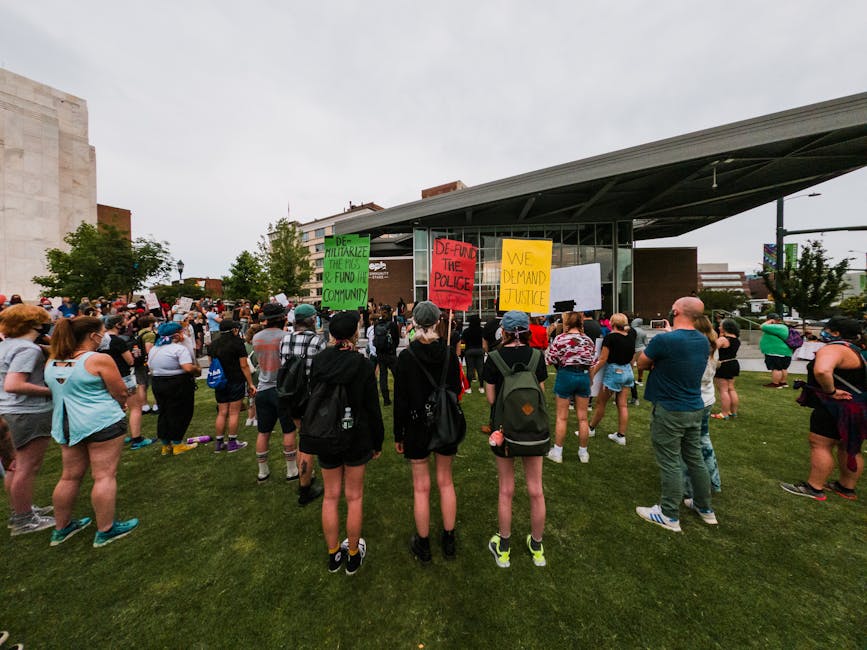The UN’s top human rights official has delivered a scathing critique of the United States’ military actions against suspected drug trafficking vessels, intensifying the global debate over tactics used in the ‘war on drugs’.
In a powerful statement, UN High Commissioner for Human Rights, Volker Türk, said US strikes on alleged drug boats are ‘unacceptable’ and represent a flagrant violation of international law. The condemnation has sparked discussion from the UN headquarters in Geneva to the corridors of power in Washington.
Law Enforcement or Military Conflict?
The controversy surrounds a series of operations, reportedly conducted by US Southern Command, targeting so-called “go-fast” boats in international waters, primarily in the Eastern Pacific and the Caribbean. These vessels are commonly used by transnational cartels to smuggle cocaine and other illicit substances. The official US position is that these interdictions are a necessary and robust response to a growing national security threat.
However, Mr. Türk’s office argues that this aggressive approach dangerously blurs the line between law enforcement and military warfare.
“We are talking about civilian vessels on the high seas,” the High Commissioner’s statement read. “These are matters for law enforcement, which operates under a framework of arrest and trial. The use of military-grade force, resulting in the destruction of vessels and almost certain death for those aboard, amounts to extrajudicial killings.”
Due Process and Presumption of Innocence
At the core of the UN’s argument are fundamental legal principles: the presumption of innocence and the right to due process. By opting for destruction over interception, the US effectively acts as judge, jury, and executioner.
The individuals on these “alleged” drug boats are denied any opportunity to face justice. It is often unknown if every person on board is a cartel member or if some are impoverished individuals coerced into service. A military strike makes no such distinction, eliminating all aboard without trial. This policy also sets a troubling precedent, undermining established international maritime laws that govern interactions on the high seas.
The US Justification: A Tactical Necessity
Supporters of the US strategy in Washington argue that standard interception methods are often fraught with danger. They claim trafficking crews are frequently heavily armed, will scuttle their boats to destroy evidence, and actively endanger the lives of law enforcement boarding parties.
From this perspective, the targets are not ordinary criminals but paramilitary wings of powerful cartels. They frame the strikes as a tactical necessity to disrupt supply chains that fuel violence and addiction in the United States.
However, this justification fails to satisfy human rights advocates. They counter that operational challenges do not provide a license to abandon legal and ethical norms. The UN, in its critique, emphasizes that the use of such disproportionate force cannot be justified.
Mr. Türk’s forceful condemnation places the United States in a difficult position, pitting its counter-narcotics strategy against its stated commitment to international law. As the diplomatic fallout continues, the central question remains: in the war on drugs, can victory be claimed if the price is the very rule of law it is meant to protect?




